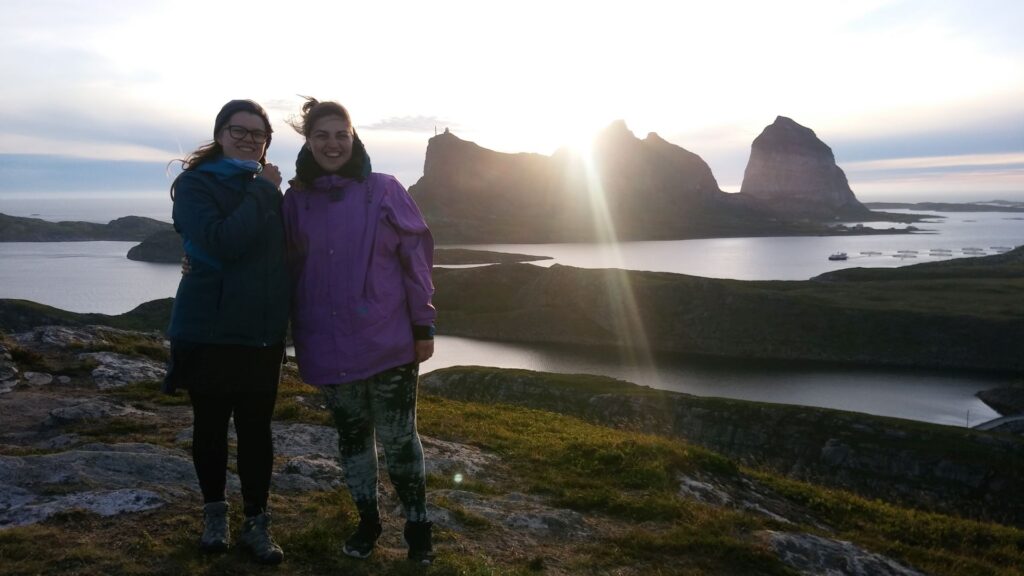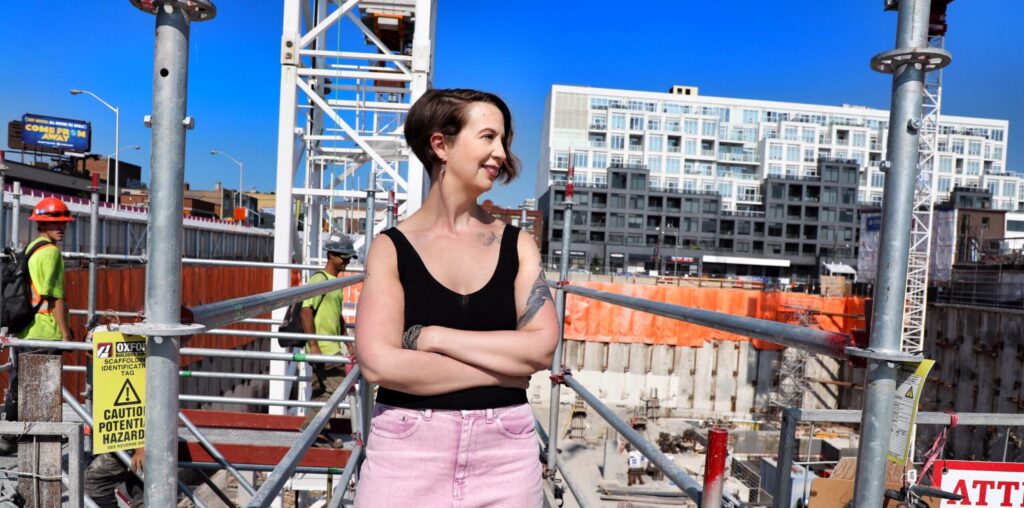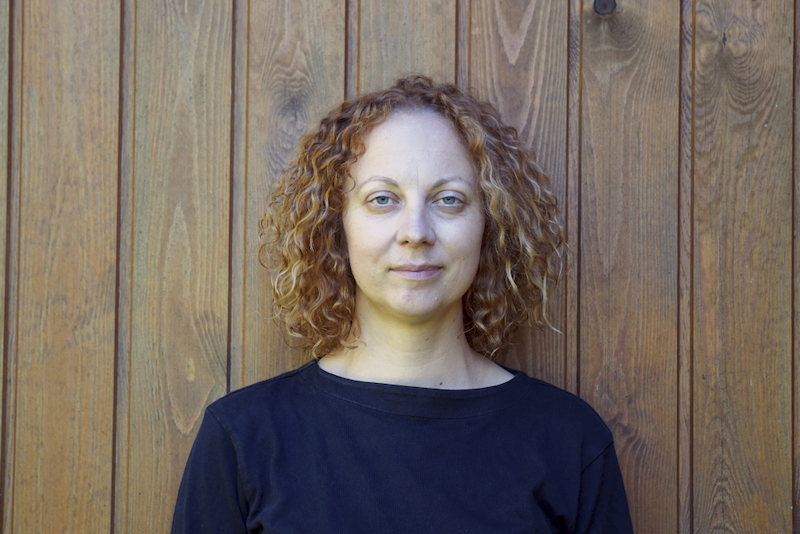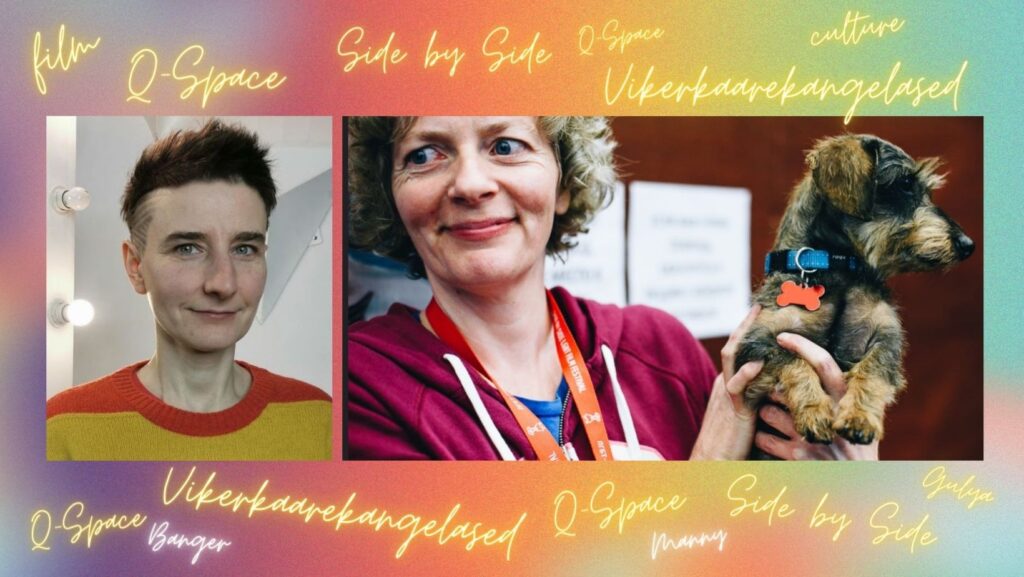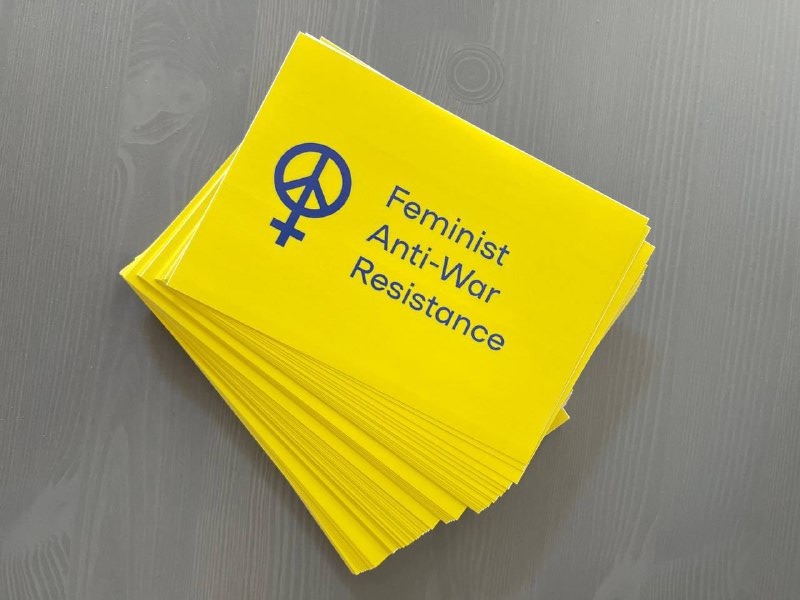If we do not take care of ourselves, we cannot stand up for others
Annija Sprīvule and Anete Biteniece are educators and activists from Latvia who want to remind activists about the importance of self-care. You have a chance to participate in their workshop “Help yourself” at The Tallinn Feminist Forum. In the workshop, Annija and Anete will provide a space and time for you to reflect on your needs and try out three specific self-care tools, which will benefit you both in your activism and your daily life. Sara Arumetsa talked with Annija and Anete before the Forum about how and why activism might lead to burn-out and how to prevent and recover from it. They also share some practical self-care tools.
What brought you to the work that you’re doing in helping activists take care of themselves?
Annija: I’ve been an activist myself for almost a decade. Working with different issues such as LGBTQ+ rights, women’s rights, human rights in general and animal rights. I have worked for a number of organizations and experienced several more or less severe episodes of burn-out because of how things were organized and how slowly things were changing for the better. Of course I wanted to understand the processes I was going through. So I became interested in the topic of burn-out. Also talking to fellow activists here and abroad made me realize that what stops us from continuing to do our great work is the lack of self-care, others (animals, LGBTQ+ youth, underprivileged women etc) always come first. But we can’t take care of others if we don’t have enough resources for ourselves.
Anete: I was working as a teacher and that is how and why Annija and I met. We went through a similar experience working in a flawed system with a high level of eagerness for a change. I learned the hard way that one needs to put themselves first before helping others. I suffered from a burn-out after my first year as a teacher. And insights after getting out of it can be useful to remind others to take better care of themselves.
Your message “Help yourself” feels very timely, especially considering that the surge of right-wing authoritarian politics in Eastern Europe demands active and often self- sacrificing resistance. You both briefly shared your own experiences with burn-out. What do you think might be the reason why activism in general so often leads to burn-out and depression? Are we perhaps approaching activism in unhealthy ways?
Anete: As I said before, enthusiasm plus a flawed system equals burn-out. Activists are especially prone to forget about themselves because they are constantly thinking about helping others. The high sense of responsibility and perfectionism is not compatible with the unpredictable and constantly changing world because demands are always growing.
Annija: Yes, taking into account the latest tendencies we are in great need of building movements that are resilient and sustainable. Continuing on what Anete said, I believe there are three most common reasons for activist burn-out. One is that most organizations think about how activists can do their work more and more effectively like the best campaign strategies, the best ways of getting their message out and reaching bigger audience with it, raising funds more effectively etc., not thinking about mental and emotional resources of activists. But we have to think about both otherwise our activism is not sustainable, there is no resilience. We can’t do our work effectively, if we are stressed, constantly feeling like in a fight-mode, exhausted, depressed and losing our motivation, thinking “What’s the point? Nothing’s going to change anyway.” A way to deal with this is for organizations to make conscious efforts in creating a community and ensuring that there are systems in place for improving mental health and support of activists. Like peer support groups, talking circles etc. Which doesn’t ask for extra financial resources if the organization has none for hiring an outside counsellor. But, of course, this demands time, regular commitment and the ability to listen and open up to each other. But that can be extremely effective and rewarding because who else would know our struggles as well as our fellow activists?
The other reason I would say is the fact that social change takes a long time to happen. Like we’ve been hoping for same sex partnership in Latvia long before I became an activist. So 8 years for me and still no change. Quite depressing, huh? No wonder activists can feel powerless in the face of oppression. And that can be very, very draining. So we need to come together and celebrate every small victory we have achieved. That helps building a community, noticing and recognizing that “Yes, we did this!” And each activist should practice this themselves as well – keep a log of your victories, write them down to bring them up to a conscious level. Also, saying thanks after each activity to all the activists involved is very important. Because a lot of activists are volunteers and don’t get paid for their job. So quite often “Thank you!” is the only way their job is recognized. Without positive recognition of what we do, we lose motivation and the sense of the fact that we are actually doing a good job, though we don’t see the result right away. Positive feedback is super important to keep people motivated!
And the third is the fact that a lot of activism is connected to witnessing the suffering of others. Directly or indirectly – stories, photos, videos etc. I have noticed a mentality among activists that they need to remind themselves regularly of all the injustice and suffering in order to be passionate (a.k.a. efficient) activists. Are we afraid that we will care less, if we don’t watch that horrible video again and again? Is it really that video that keeps us going? Activists need to find time and space to heal the trauma of being a witness and also to recover from injustices they experience themselves. All the above mentioned ways can help with that as well.
Anete: Nevertheless, it’s not that simple. Because some of the traits (like rage, enthusiasm and the urge to strive for better) that can lead to unhealthy ways are crucial and necessary for activism to happen. Activists just need a reminder that you can’t run on empty. And I strongly agree with Annija that support systems can be implemented by organizations and activists themselves.
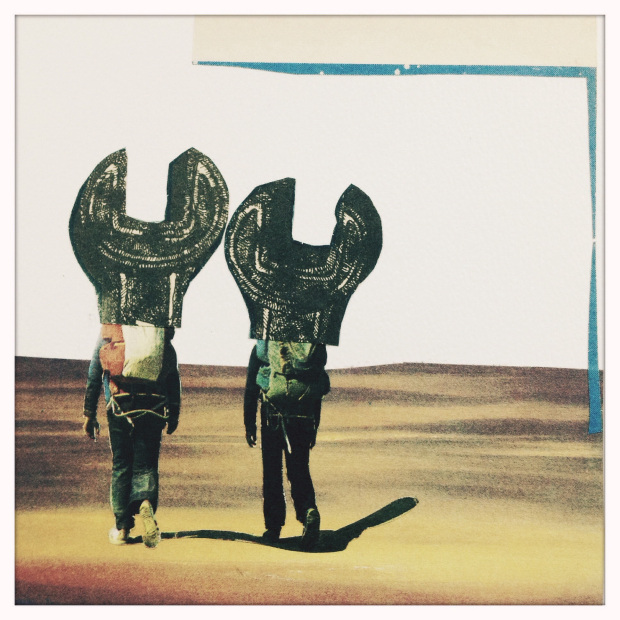
Annija and Anete are doing a workshop “Help yourself” at The Tallinn Feminist Forum this Saturday
Your workshop addresses the prevention of activism burn-out. Do you also have a message for those who feel that they are on the other side of burn-out and are trying to find tools for recovery?
Anete: I would say that I am sorry to hear that, but I would also say “Congrats!”. You have already done the first and one of the hardest steps – you are aware and ready to seek help. Help can manifest itself in different ways. Some need more time in their schedule just for themselves or with close people. Others need to seek professional help. Both would probably benefit from sitting down with themselves and their emotions and asking themselves “What is this really about?” You most likely already know what to do. If not, you know whom to ask for help. Be honest with yourself. Brutally honest, but, at the same time, be loving and compassionate with yourself like you would be to a friend. And maybe just let yourself be for a moment.
Annija: Ironically enough, I’m going through a burn-out myself right now. So my message to those experiencing it as well is: you’re not alone in this, and you won’t feel like this forever. Reach out to people around you. Seek professional help if you need to. Build your support network, make it more than one person. Reaching out and asking for help can be scary. And when we feel bad we automatically tend to shut down to the rest of the world. But asking for help makes us stronger and more confident because we know we can rely on ourselves to be brave and ask for what we need.
And lastly, do you have any quick self-care tools or suggestions you could share with our readers who can’t participate in the workshop themselves?
Annija: Yes! A very simple and great one is the so called “A Hard Day Plan”. We borrowed the idea from the body positivity activist Jes Baker. Quite often when we are down, we like to sulk and we forget that we can do things that we actually like and make us feel better. Make a list of those things! For example writing diary, going for a run or a walk, cuddling with your cat, calling a friend, singing and dancing in your room etc. Keep it somewhere by your side as a reminder. And when you have a bad day, go through the list and do one or more of those things. Of course, it won’t fix your burn-out, but it will give your brain some food and your body some fuel building more mental capacity. Also, a helpful thing is to read your victory log from time to time to appreciate what you have achieved so far. We have to learn to value our progress. And, of course, inform yourself about what you’re going through and why. A very comprehensive study I would suggest reading is “Trauma, depression, and burnout in the human rights field: Identifying barriers and pathways to resilient advocacy” by Sarah Knuckey, Margarett Satterthwaite and Adam Brown.
Anete: I agree with Annija. If you can’t join the workshop, you can reserve some other time for self-reflection on the good work you are doing and for sitting down with how you are feeling right now and slowing down for a bit. Plan it, put it in your calendar! Burn-out mostly happens when we don’t prioritize ourselves, our needs, so do one thing from your “Hard Day Plan” that would satisfy at least one of your needs. But remember that an occasional SPA-day won’t cure your burn-out. You have to commit to regular checking-in with yourself and sitting down with yourself and your uncomfortable emotions to understand that maybe they come from an unsatisfied need.
